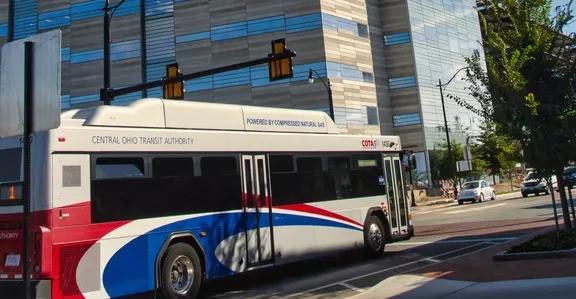
Q-Free has combined with sensor specialist Raytheon Intelligence & Space to improve enforcement and tolling for Massachusetts Department of Transportation (MassDoT).
MassDoT's All Electronic Tolling System (AETS) has processed more than one billion camera image tolls since its inception, but must manually review many images because of unreadable or obscured plates.
However, the Covid-19 crisis is likely to accelerate the move to cashless tolling, making accurate readings vital.
Q-Free is installing its proprietary Intrada Insight automated licence plate reading system, which the company says will reduce the need for manual inspection: Bill Rapp, executive vice president of tolling solutions for Q-Free America, called it a "progressive agreement".
“As MassDOT’s tolling partner we are always looking for new technologies to improve the system and reduce operational costs," says Matt Gilligan, Raytheon vice president.
In a separate development, Q-Free has migrated its I-670 SmartLane congestion relief project in Columbus, Ohio to the cloud. Carried out with Amazon Web Services, the Ohio DoT project is one of the first of its kind to move to a cloud-hosted environment.
Q-Free says early data from the pilot scheme – which has hard shoulder running (HSR) at its heart - suggests that commute times from downtown Columbus to the east side have been halved.
The I-670 pilot uses Q-Free’s OpenTMS advanced traffic management system to provide operators with weather, speed, radar and camera data to help manage shoulder lanes and relieve congestion.
“With our experience in Europe, we’ve seen how HSR can make a huge difference in relieving congestion and we brought that knowledge to this project,” said Tom Phillips, executive vice president of Q-Free’s Inter-Urban Division. “It’s a customised solution using several Q-Free OpenTMS modules to dial in the appropriate level of information at the right time.”









